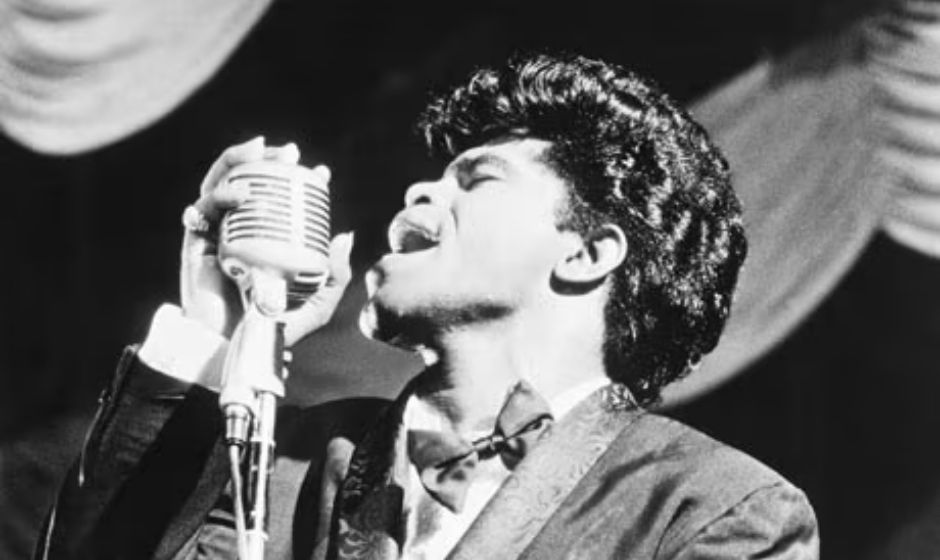The Undying Groove: A Deep Dive into the Evolution of Funk Music
2023-03-18

In the vast spectrum of musical genres, few have had the transformative and enduring impact of funk. More than just a series of beats and melodies, funk encapsulates an attitude, an energy, and a movement. It is the embodiment of raw emotion translated into rhythm. So, how did this powerful genre emerge and shape the course of music history? Let’s tune into the funk frequency.
The Birth of The Beat
The 1960s was an era of musical revolution. Among the numerous genres that sprouted during this time, funk carved a distinctive niche for itself. Rooted in African-American communities, funk emerged as a soulful symphony, blending elements of jazz, soul, and rhythm and blues. It wasn’t long before legends like James Brown and Sly & the Family Stone took center stage, churning out hits that remain iconic to this day.

Breaking Down The Beat
The magic of funk lies in its rhythmic structure. Unlike many genres where drums anchor the beat, funk bestows this responsibility upon the bass guitar. The bass, pulsating with groove, intertwines seamlessly with off-beat guitar chords. The resulting syncopation is the heartbeat of funk - unpredictable, captivating, and absolutely dance-inducing.
The ’80s Funk Fusion
The 1980s saw the shimmering lights and pulsating beats of disco pervading the music scene. Funk, ever-evolving, absorbed elements of this new genre. The offspring was ‘boogie’, a sub-genre that combined the soul of funk with the electronica of disco. This wasn’t just a fleeting trend. The fusion birthed classics that still resonate on dance floors today—hits like “Ain’t Nobody” by Chaka Khan and “Let it Whip” by Dazz Band stand testament to this melodic marriage.
Modern Day Resonance
Though decades have elapsed since the inception of funk, its influence is omnipresent in today’s music. Contemporary musicians, whether they’re pop icons or hip-hop moguls, often incorporate elements of funk into their compositions. Bands like Vulfpeck channel pure funk vibes, while global sensations like Bruno Mars infuse their chart-toppers with unmistakable funk undertones. It’s evident that while styles may evolve, the love for that authentic funk groove remains undiminished.
Funk: A Lifestyle
Funk is more than just a series of notes and rhythms. It’s an ethos, a way of life. The music encapsulates the essence of celebration, emotion, and rhythm. To immerse oneself in funk is to embrace life with all its highs and lows, channeling every emotion into a dance of joy, sorrow, love, and passion. For ardent fans, funk isn’t just background music; it’s the soundtrack of their lives.
Conclusion
Navigating through the annals of music history, one realizes the unparalleled influence of funk. It’s a genre that not only shaped the music of its time but continues to inspire and inform modern rhythms. It’s the embodiment of authentic expression, where every note and beat resonates with raw, unfiltered emotion. As the maestro George Clinton rightly put it, ”If you fake the funk, your nose will grow.” In an era where authenticity is often hard to come by, funk stands tall, genuine, unapologetic, and forever groovy.

